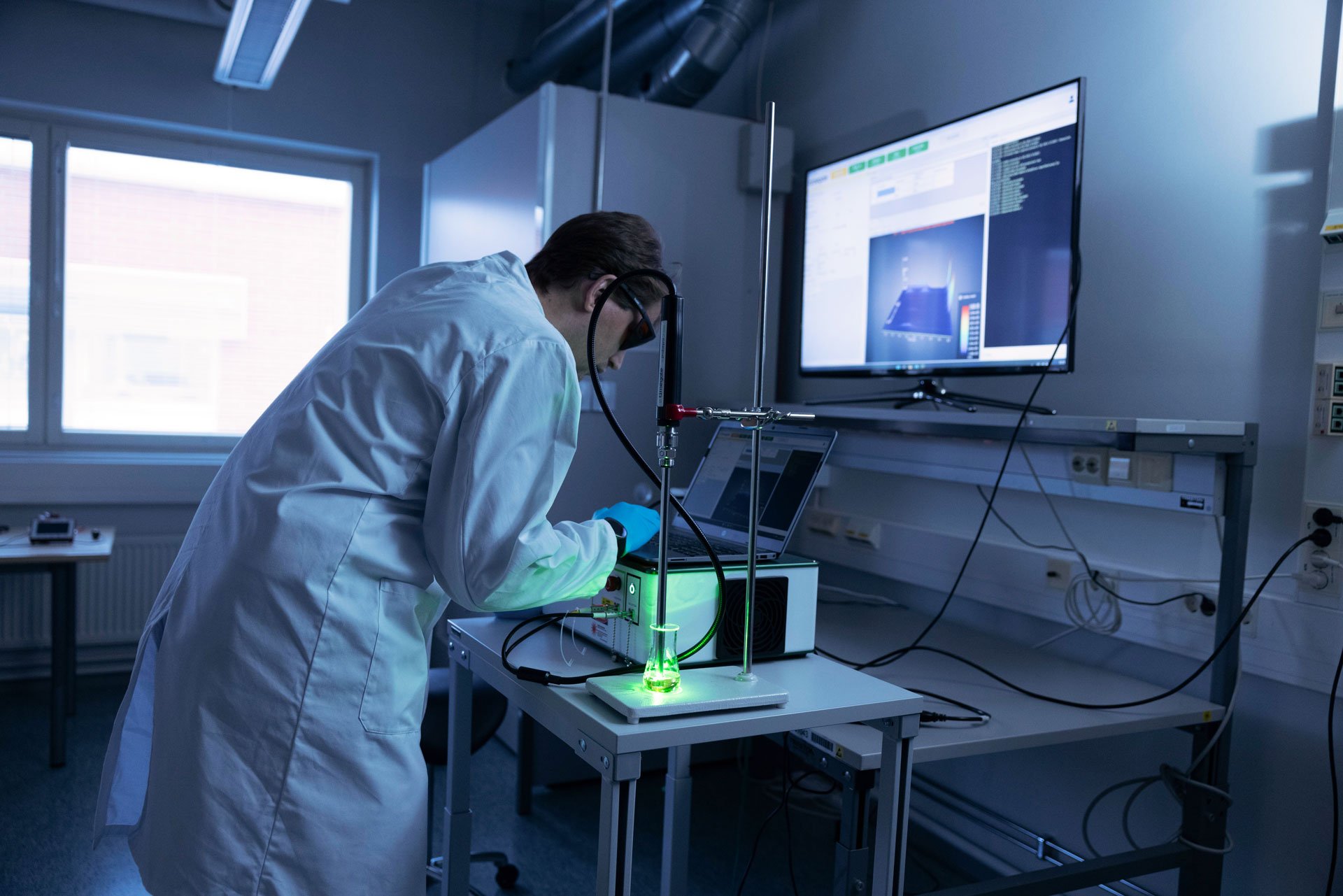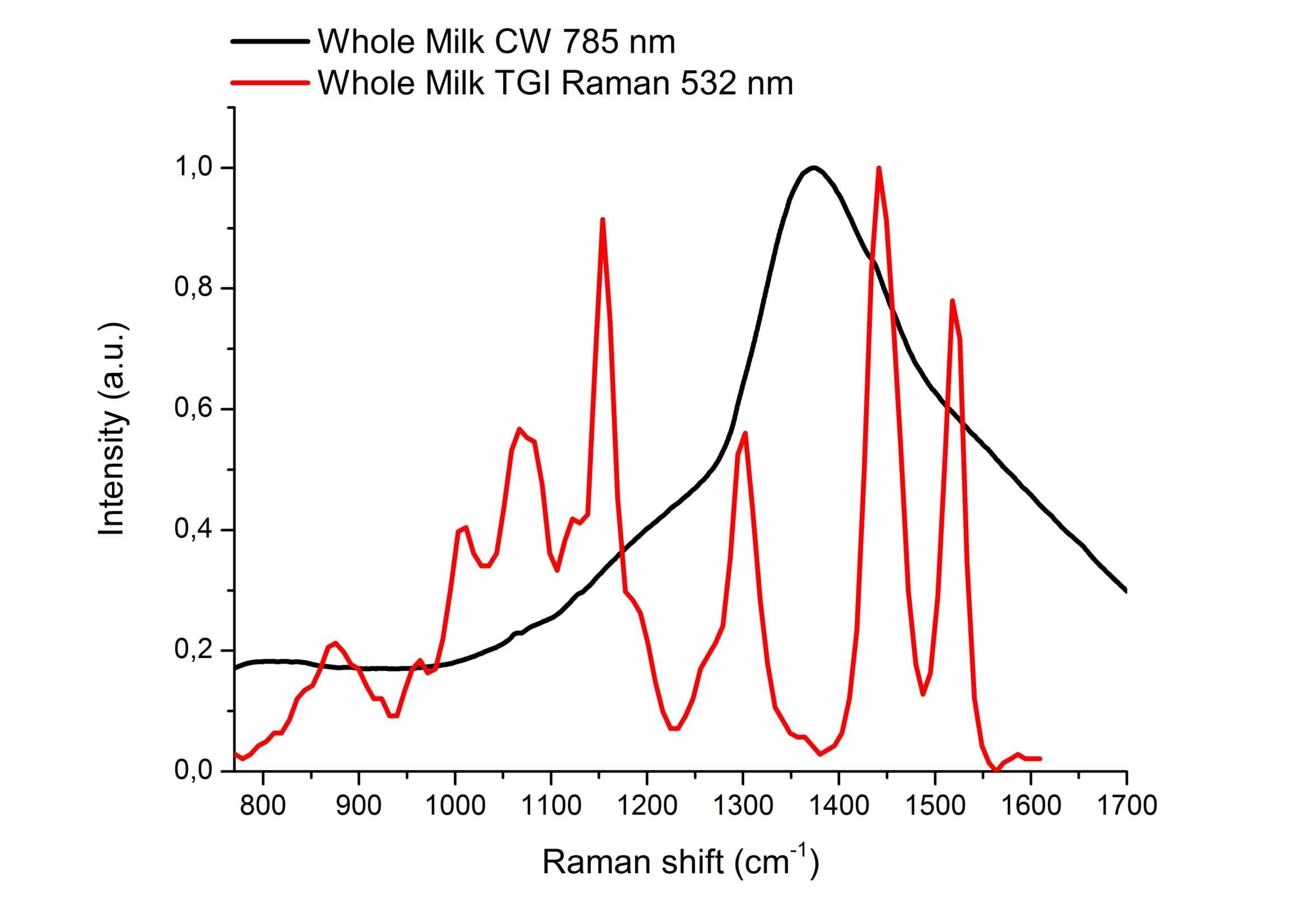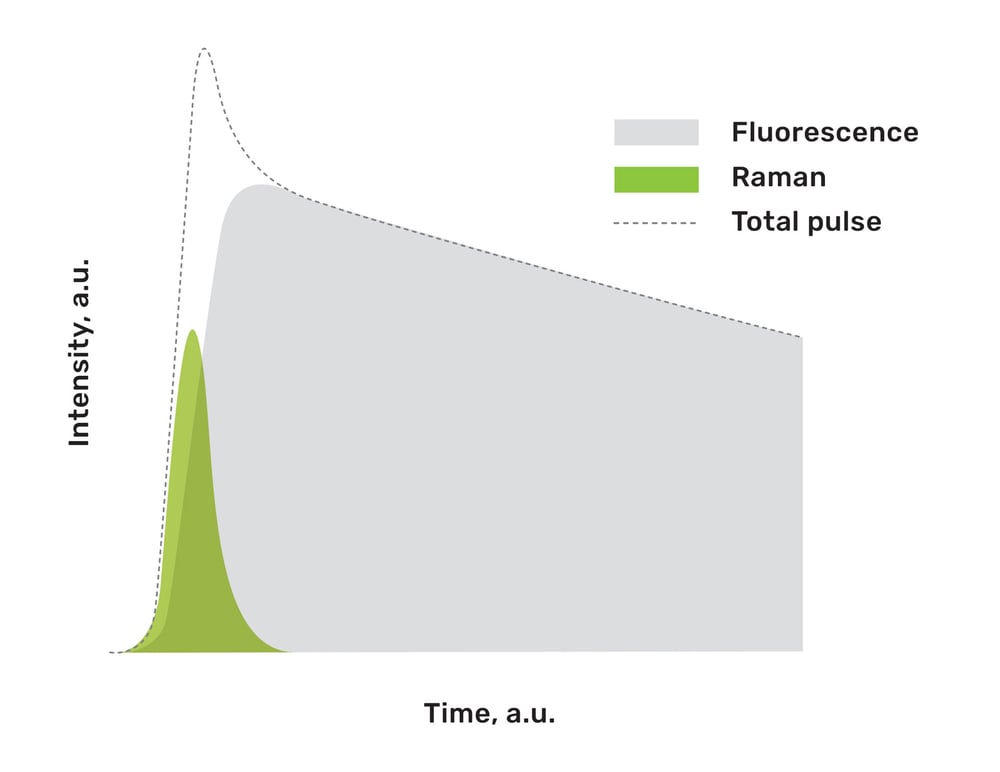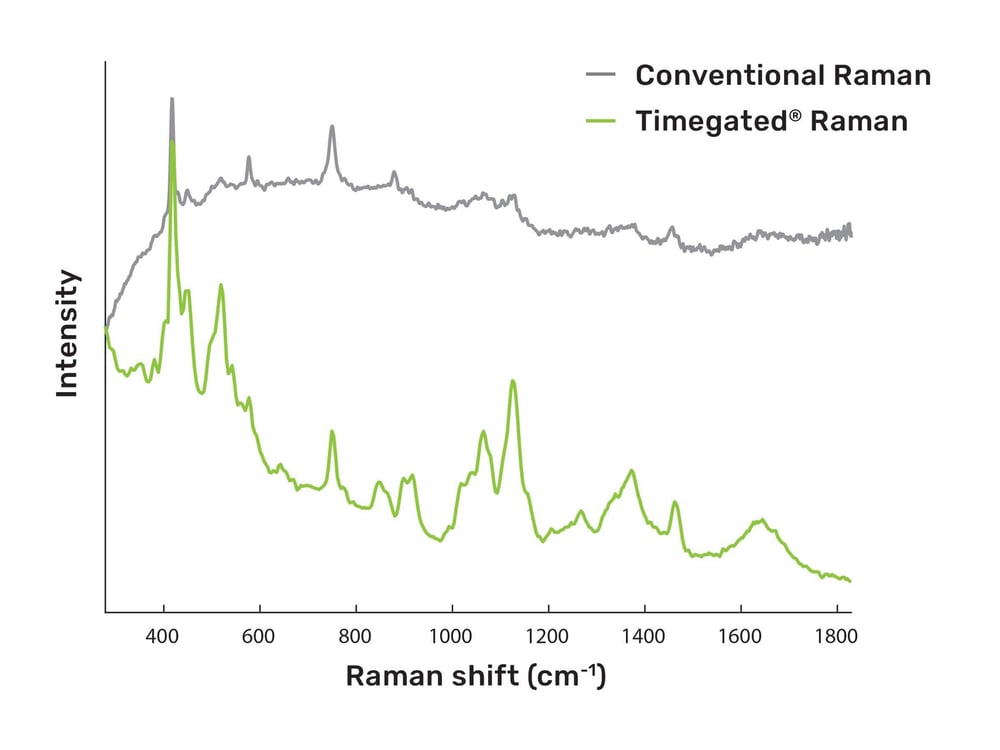
See the unseen with Timegated® Raman Technology
Time to stop the noise and see the pure data
Biopharmaceutical drugs have revolutionized the treatment of a broad spectrum of diseases and are increasingly used in nearly all branches of medicine. Biopharmaceuticals are highly specific and efficacious. However, they cannot be manufactured using traditional approaches because of their size and complex structure. Instead, they need to be produced in living organisms, making the manufacturing processes complicated. Biopharmaceutical products are created in upstream bioprocessing, from cell line development and cultivation to the expansion of the cells.
By adopting modern Timegated® Raman Technology, you can make a significant contribution to improvements in bioprocess monitoring and control. The technology provides real-time understanding of what is happening in the process and helps manage risks throughout the process.
In bioprocesses, many types of parameters can be analyzed. You can measure traditional parameters such as pH, temperature, and dissolved oxygen. When using Timegated® Raman Technology, you can also monitor biochemical parameters, such as nutrients (e.g. glucose concentrations), metabolites (e.g. lactate concentrations), amino acids, proteins, cell viability and biomass. Therefore, you gain access to all this data for analysis, allowing you to map the complex relationships between material attributes, cell media and process parameters.
- True fluorescence suppression
- Requirements for minimal or no sample pre-treatment
- Non-destructive and non-contact measurement technique
- Ability to measure aqueous samples
- Flexibility of sampling configurations
- Suitability for automation
- Ambient light suppression
- Thermal emission interference suppression
Process monitoring data for accurate quantitative and qualitative analysis — The key is time-gating the signal
We proudly introduce Timegate’s patented technology, which offers you an entirely different type of Raman spectrometer. Timegated® Raman spectroscopy is a powerful analytical tool for a broad spectrum of analytes and provides improved insights for virus, cell therapy and mRNA processes.
Timegated® Raman spectroscopy is a tool for real-time in-process monitoring of critical process parameters and quality attributes, and now it is ready to progress toward the goals of validated analytical data models and fully automated processes with feed-control of glucose.
Fluorescence suppression with modern Timegated® Raman Technology
Timegated® Raman Technology uses pulsed lasers that produce pulse-like responses, which are then selectively sampled. Fast detectors can be employed to collect information during moments when most of the Raman scattering occurs, effectively excluding most of the fluorescence interference.

Patented Timegate design
Timegate Instruments’ patented breakthrough innovation is an affordable electrical gating solution using pulsed picosecond range lasers and new CMOS-SPAD (Single Photon Avalanche Diode) array detectors.
The picosecond range laser excitation source and a time-gated single photon counting array detector create a totally new type of spectrometer that can acquire Raman spectra with real fluorescence suppression. The system suppresses the fluorescence interference (which has a longer average delay) while capturing the instantaneous Raman scattering signal. It also enables the acquisition of time-resolved fluorescence spectra by sequentially sampling the emission pulses at different temporal positions. This approach simultaneously opens two windows for material characterization and provides valuable new information in several different application fields.

